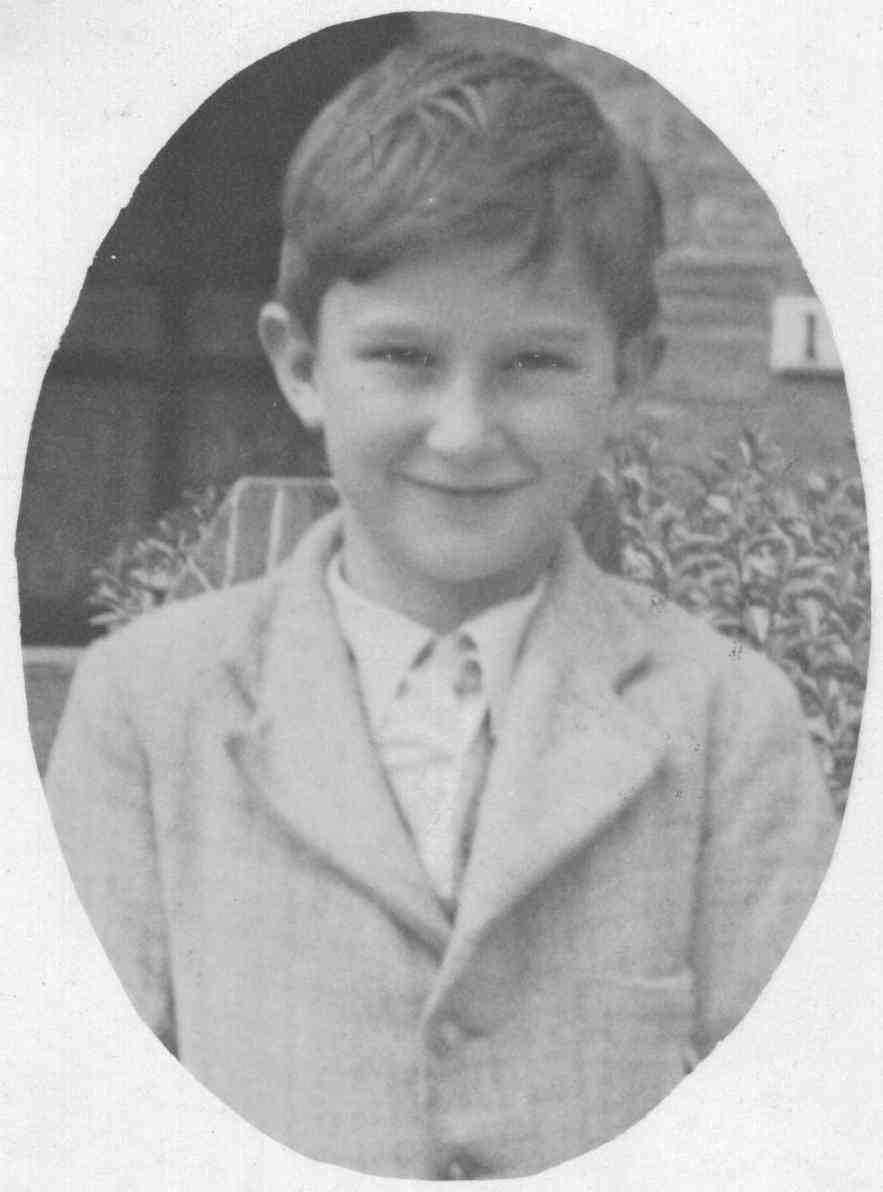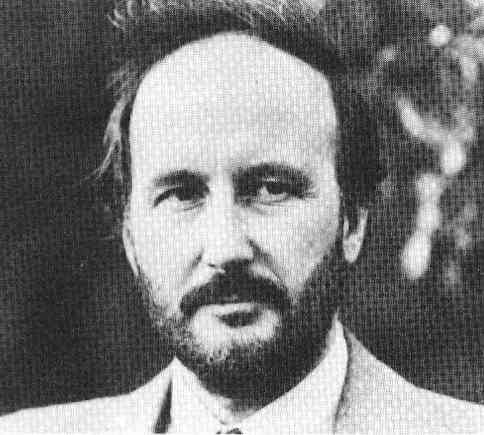

Stan Gooch was born in 1932 of working-class parents in the slums of south London, in a house condemned as unfit for habitation. His father was an army private disabled by war, afterward holding a minor civil servant post. His brother and sister were physically handicapped from birth with a rare genetic disease, from which both eventually died. The family was moved to a London public housing estate, and Gooch won a scholarship to a grammar school. Subsequently, he took a degree in Modern Languages at King's College, London. In his typical nonconformist style he then spent a year in the scrap metal business, but decided this was not his vocation, despite being offered a seat on the board of directors by the firm he trained with. For another year he taught general subjects in a state school, before becoming Head of Modern Languages in a grammar school. A degree in Psychology at Birkbeck College, London, followed, and Gooch was appointed Senior Research Psychologist at the National Children's Bureau. Here he published numerous papers and articles in psychology journals and magazines, as well as coauthoring two textbooks that became required reading in university courses. He also planned and launched the highly informative National Study of the Employment of the Severely Handicapped School Leaver.
A turning point arrived when Stan Gooch decided to pursue independent research and a writing career; though realizing that nearly all authors require a separate income, because of developing ideas that he felt must be heard but demanded a staggering commitment--nonstop documentation and lengthy manuscripts--he resigned his post, and declined two prestigious offers: Director of the National Children's Bureau, and Professor of Psychology at Brunel University, London.
What followed were decades of laborious sleuthing and enormous productivity, book after book receiving accolades in the popular press (from peer writers but not often academics) though relatively meager sales--primarily due to small publishers with slim advertising budgets. Nonetheless, while barely maintaining subsistence he steered a steadfast course after his muse as mainstream scholastics began to validate what Stan Gooch had discovered long prior, resulting in frequent presentations before international conferences. And, at last, it appeared major recognition would come: When the publishing house, Orbis, inaugurated a weekly journal entitled Enigma in 1990, he was hired as its consultant and staff writer, with the first dozen issues a great success; a multiyear television series was planned, and the ideas of Stan Gooch were to be spotlit in many countries. Unfortunately, just then the British government banned all television advertisements concerned with the alternative and paranormal--for which Orbis had already prepared an extensive campaign--so the entire project was shelved.
 Having sacrificed almost a half-century on the altar of seeking truth no matter
the cost, foregone raising a family and never experiencing leisure, Stan Gooch
has become a martyr to what science ought to be: Scrupulous research, impeccable
reasoning, and the courage to persevere wherever these processes lead. Still,
abandonment by a world very much in his debt is not only unjust but myopic:
Gooch can with minimal assistance--affording him a computer, telephone, and
Internet access--contribute comprehensive wisdom to all he has written,
engendering enlightenment for a species whose core psychodynamics demand unveiling. The
answers to how we might meet Third Millennium challenges may lie as close as our
conscience will consider aiding an aging sage.
Having sacrificed almost a half-century on the altar of seeking truth no matter
the cost, foregone raising a family and never experiencing leisure, Stan Gooch
has become a martyr to what science ought to be: Scrupulous research, impeccable
reasoning, and the courage to persevere wherever these processes lead. Still,
abandonment by a world very much in his debt is not only unjust but myopic:
Gooch can with minimal assistance--affording him a computer, telephone, and
Internet access--contribute comprehensive wisdom to all he has written,
engendering enlightenment for a species whose core psychodynamics demand unveiling. The
answers to how we might meet Third Millennium challenges may lie as close as our
conscience will consider aiding an aging sage.